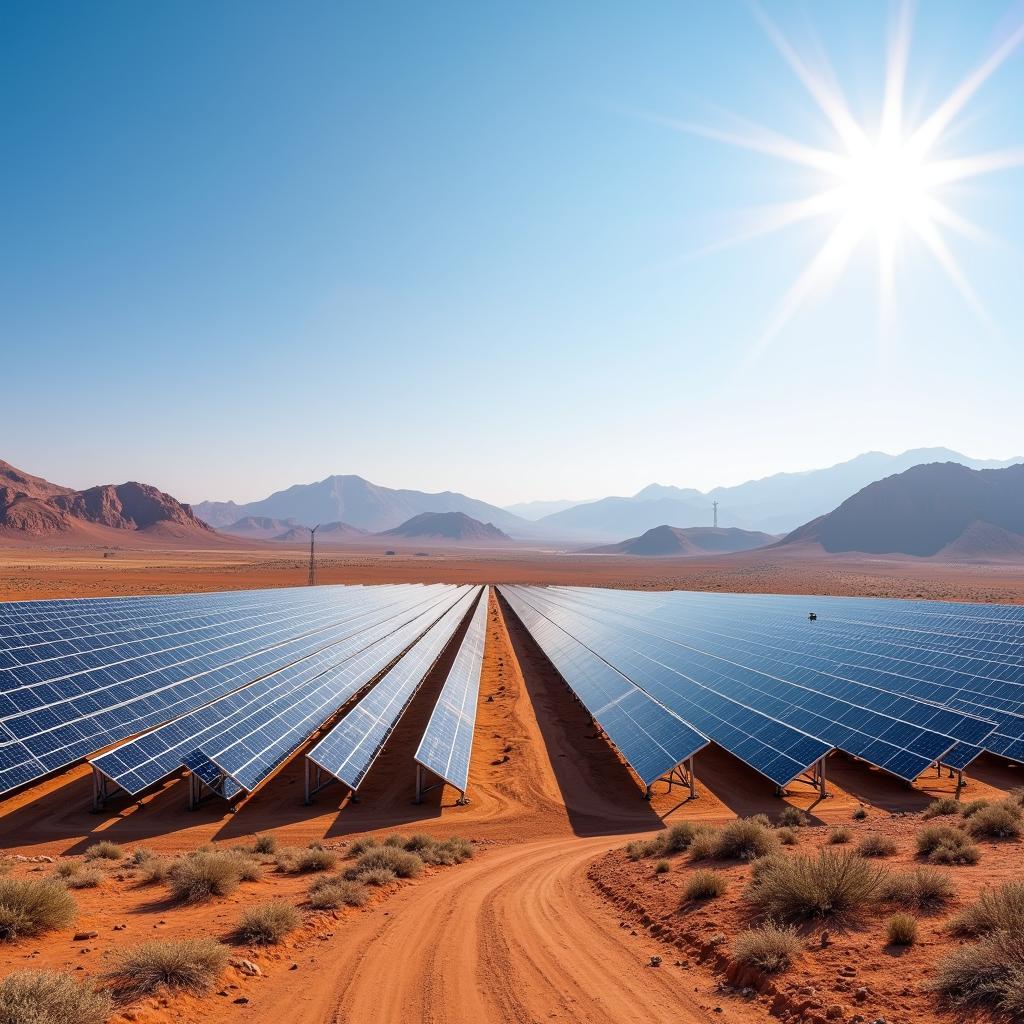Pakistan’s energy crisis is a complex issue with deep roots and far-reaching consequences. The demand for energy continues to rise, fueled by a growing population and expanding industrial sector, while the supply struggles to keep pace. This essay on energy crisis in Pakistan will explore the multifaceted dimensions of this challenge, examining its causes, consequences, and potential solutions.
Understanding the Roots of the Crisis
Pakistan’s energy woes stem from a confluence of factors, including outdated infrastructure, reliance on imported fuels, and a lack of diversification in energy sources. Aging power plants, transmission losses, and theft contribute to significant inefficiencies within the system. The country’s dependence on imported fossil fuels like oil and gas makes it vulnerable to global price fluctuations and geopolitical instability. This dependence also exacerbates the trade deficit and drains precious foreign exchange reserves.
The Impact of Climate Change
Climate change is another critical factor. Pakistan’s heavy reliance on hydropower leaves it susceptible to variations in rainfall patterns. Droughts and reduced river flows directly impact electricity generation, further deepening the energy deficit.
Economic and Social Consequences
The energy crisis has a crippling effect on Pakistan’s economy. Power outages disrupt industrial production, leading to lost output and decreased competitiveness. Load shedding hampers businesses, particularly small and medium-sized enterprises, which are the backbone of the economy. The agricultural sector, a vital part of Pakistan’s economy, also suffers as irrigation systems are affected by power shortages.
Social Implications of Energy Insecurity
Beyond the economic realm, the energy crisis also takes a toll on the social fabric. Frequent power cuts disrupt daily life, affecting education, healthcare, and access to essential services. The resulting frustration and hardship can lead to social unrest and political instability.
Exploring Solutions and Strategies
Addressing Pakistan’s energy crisis requires a multi-pronged approach. Investing in renewable energy sources like solar, wind, and hydropower is crucial for diversifying the energy mix and reducing reliance on imported fuels. Modernizing existing infrastructure, improving transmission efficiency, and curbing power theft are equally important.
Embracing Sustainable Energy Practices
Promoting energy conservation and efficiency measures across all sectors can significantly reduce energy demand. Public awareness campaigns and incentives for adopting energy-efficient technologies can play a vital role in achieving this goal. Exploring alternative energy sources like nuclear power can also contribute to long-term energy security.
“Pakistan needs to prioritize investments in renewable energy and energy efficiency. These are not just environmentally sound choices but also economically viable solutions for long-term energy security,” says Dr. Asif Khan, an energy expert based in Islamabad.
 Renewable energy solutions for Pakistan's energy crisis
Renewable energy solutions for Pakistan's energy crisis
Conclusion
The energy crisis in Pakistan demands urgent and sustained action. By implementing a comprehensive strategy that combines diversification, modernization, and conservation, Pakistan can move towards a more sustainable and secure energy future. This essay on energy crisis in Pakistan has highlighted the urgency of the situation and the need for collective efforts to address this critical challenge.
FAQ
- What are the main causes of the energy crisis in Pakistan? (Outdated infrastructure, reliance on imported fuels, lack of diversification)
- How does the energy crisis impact Pakistan’s economy? (Disrupts industries, hampers businesses, affects agriculture)
- What are some potential solutions to the energy crisis? (Investing in renewables, modernizing infrastructure, promoting energy conservation)
- How does climate change exacerbate the energy crisis? (Impacts hydropower generation due to altered rainfall patterns)
- What role can the public play in addressing the energy crisis? (Adopting energy-efficient practices, supporting renewable energy initiatives)
- What are the social consequences of frequent power outages? (Disrupts daily life, affects education and healthcare, can lead to social unrest)
- Why is diversification of energy sources important for Pakistan? (Reduces reliance on imported fuels, enhances energy security)
For further assistance, please contact us: Phone: +923337849799, Email: news.pakit@gmail.com, Address: Dera Ghazi Khan Rd, Rakhni, Barkhan, Balochistan, Pakistan. We have a 24/7 customer service team. You can also find more articles about Pakistan’s economy and social issues on our website.